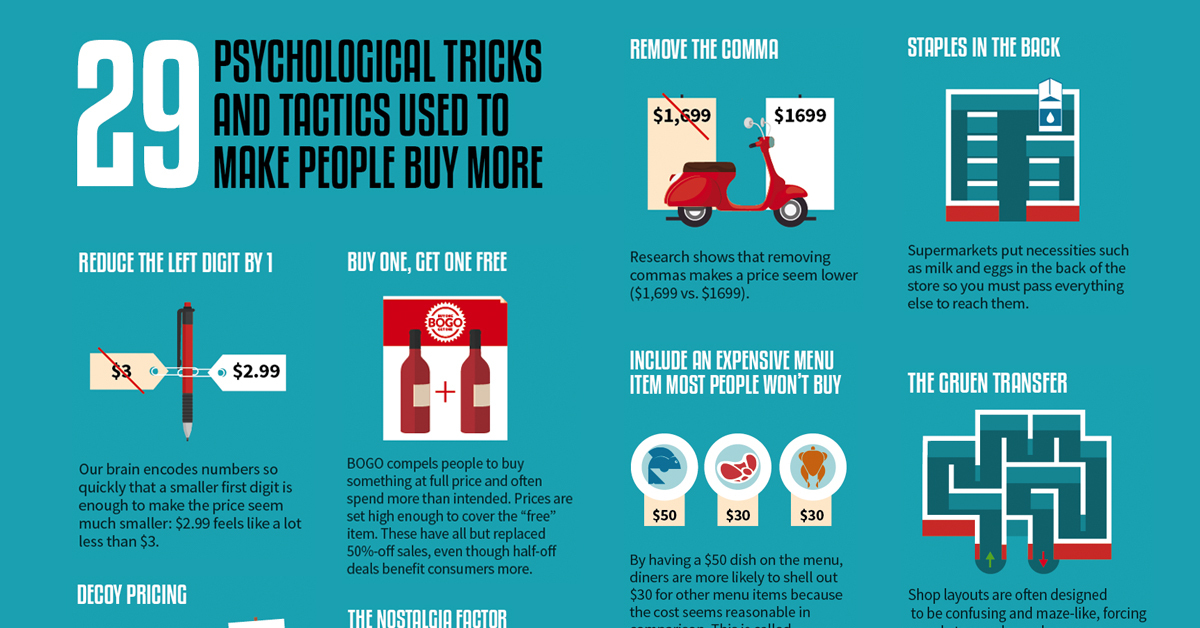Resale and secondhand retail have become a game-changer in the retail industry, transforming the way we shop and contributing to a more sustainable and purposeful approach to consumption. This growing trend goes beyond merely buying used items; it represents a shift towards conscious consumerism and responsible shopping habits. In this blog post, we will explore the rise of resale, its environmental impact, the thrill of the hunt, its social implications, changing perceptions, and the future of this market.
The Rise of Resale: Understanding the Motivation
There has been a significant shift in society towards conscious consumerism and sustainable shopping habits. The motivation behind the increasing interest in secondhand goods stems from various factors. First and foremost, it allows individuals to save money while still acquiring high-quality products. Second, it aligns with the desire to reduce waste and contribute to a more circular economy. Finally, the rise of online resale platforms has made it easier than ever to buy and sell pre-loved items.
Environmental Impact: Reducing Waste and Carbon Footprint
The fashion industry, notorious for its fast fashion practices, has a detrimental impact on the environment. By embracing resale and secondhand retail, we can combat waste and reduce our carbon footprint. The resale market extends the lifecycle of products, preventing them from ending up in landfills prematurely. By purchasing secondhand items, we save resources that would have been used to create new items and reduce the need for energy-intensive manufacturing processes.
The Thrill of the Hunt: Unique Finds and Personal Style
One of the most exciting aspects of exploring secondhand stores or online marketplaces is the thrill of the hunt. Finding unique, one-of-a-kind items that reflect our personal style can be both fulfilling and satisfying. The resale market allows us to experiment, repurpose, and upcycle pre-loved items, creating a truly individual and curated wardrobe.

Image courtesy of www.visualcapitalist.com via Google Images
Social Impact: Empowering Communities and Supporting Causes
Secondhand retail has a positive impact on local communities. Thrift stores and consignment shops stimulate local economies by creating job opportunities and supporting small businesses. Additionally, many charity thrift stores use their profits to fund philanthropic efforts, making a difference in our society. By supporting the resale market, we can contribute to these community-building initiatives and help make a positive social impact.
Changing Perceptions: Resale as a Norm
The perception of secondhand items is changing rapidly. What was once seen as a last resort or a cheaper alternative is now embraced and appreciated as a sustainable and stylish choice. Influential figures, celebrities, and fashion icons have played a significant role in destigmatizing secondhand retail, showcasing their own secondhand finds and encouraging others to do the same. As we shift towards a more environmentally conscious society, buying secondhand is becoming the new norm.

Image courtesy of www.cbinsights.com via Google Images
The Future of Resale: Accelerating Innovation and Technology
With the advent of online platforms, the resale market is experiencing rapid growth. Technological advancements are ensuring the authenticity of products and providing a seamless online shopping experience. As the demand for sustainable fashion rises, we can expect further collaborations between fast-fashion brands and resale platforms. This forward-thinking approach will bridge the gap between conventional retail and the resale market, accelerating innovation.
Conclusion
Resale and secondhand retail have emerged as powerful forces in today’s retail landscape. By embracing these practices, we can contribute to a more sustainable future, reduce waste, and support local communities. Reimagining our perceptions of secondhand items and recognizing them as a viable and purposeful choice will shape the future of the industry. Let us continue to explore and support resale platforms, making a positive impact one purchase at a time.



